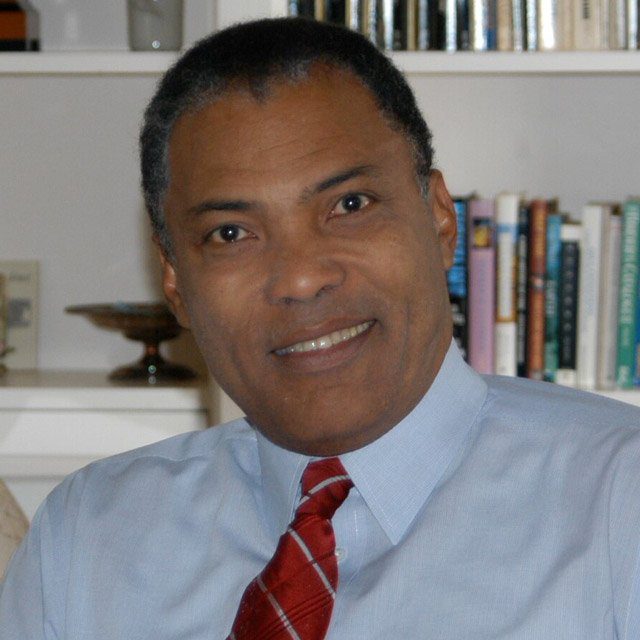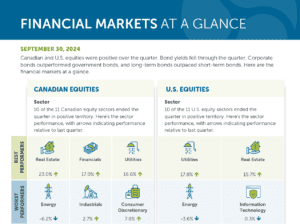Down Market? Leave Your Investments Alone, Louis Harvey Says

Nowadays, asset safety and protection are top-of-mind for most investors. Not surprisingly, their comfort zone is often cash. Yet many investors are prone to making big mistakes about where to access cash and how much to set aside.
“Don’t touch your investments at the bottom of a market. The very worst thing you can do in a down market is withdraw money [from long-term investments] because you lock in your losses,” argues Louis Harvey, founder, CEO and president of leading financial services market research firm Dalbar in an interview with ThinkAdvisor.
Instead, “borrow from future cash needs,” Harvey says.
You can get a fix on your future needs when you do a five-year plan for income and living expenses — including taxes, debt service and emergencies — and thereby ensure that those funds aren’t exposed to market risk.
The five-year time horizon is based on the longest estimated market recovery time, according to Harvey, who stresses that plans need to be reviewed annually.
In the interview, he explains that cash should be held where it’s accessible in relation to when it will be needed.
These locations include deposit accounts and annuities — but not 401(k) plans or IRAs because neither provides access to cash without penalties until account holders reach age 59.5, he points out.
Because of high inflation, investors likely will be expanding the amount of cash they believed necessary to access next year, Harvey opines.
“I don’t see how inflation is going to be tamed in the short run. People should be very cautious regarding inflation and how much cash they need,” he says.
“Compared with what [consumers] need today, they’ll probably need much more than that in two or three years,” he adds.
Boston-based Dalbar, which Harvey founded in 1976, conducts research to anticipate changes in consumer needs and the ways that products are distributed.
Harvey has held governance positions at the Federal Reserve Bank and the National Association of Securities Dealers (NASD) and was named president of the Fiduciary Standards Board in 2010.
ThinkAdvisor recently conducted an interview with Harvey, speaking by phone from his Florida base in Highland Beach.
He notes that in uncertain times like these, it’s “absolutely” more important for financial advisors to review clients’ cash assets.
“It’s the job of the advisor to work out how to hold that cash so it’s not at risk,” Harvey says.
Here are highlights of our conversation:
THINKADVISOR: If an investor has lots of money invested in the stock market, is it a good idea to sell some securities and put the cash proceeds aside?
LOUIS HARVEY: The very worst thing you can do in a down market is withdraw your money because you lock in your losses. There’s no recovery from that.
I suggest that you never touch your long-term investments that are down unless you have absolutely nowhere else to turn.
But more often than not, people can reduce their expenditures for purchases and therefore reduce their need for cash.
I strongly advocate: Don’t touch your investments at the bottom of the market. Instead, borrow from future cash needs.
Please elaborate.
If you’re planning five years out and have an emergency, borrow from your future cash needs and leave your more speculative investments alone.
If you’re investing in equities, can you regard those as potential sources of cash?
No. That should be long-term money in your portfolio.
What about holding cash in a retirement plan?
Don’t keep cash you’ll need in a 401(k) or IRA because it’s not easily accessible until you’re 59.5. Neither of those gives you access to cash without penalties.
Couldn’t the money be held in the cash portion of an investment account?
It absolutely could in an unrestricted account. That would be fine except for an account like a 401(k) or IRA.
If you’re planning five years ahead, about how much should you hold in cash?
It should be five years’ worth of income — which you might be receiving from various sources — for living expenses. This is to protect you and ensure that the funds you have aren’t exposed to market risks.
You need to make sure you’re funded to meet the essentials of life: food, shelter, clothing [etc.], and not take undue risk with that cash flow.
This has to do with income and payments expected and on the other side, cost-of-living expenses, including taxes and plans for purchases.
All cash needs have to be determined and calculated, then estimated and reviewed annually because things change, and you need to adapt.





